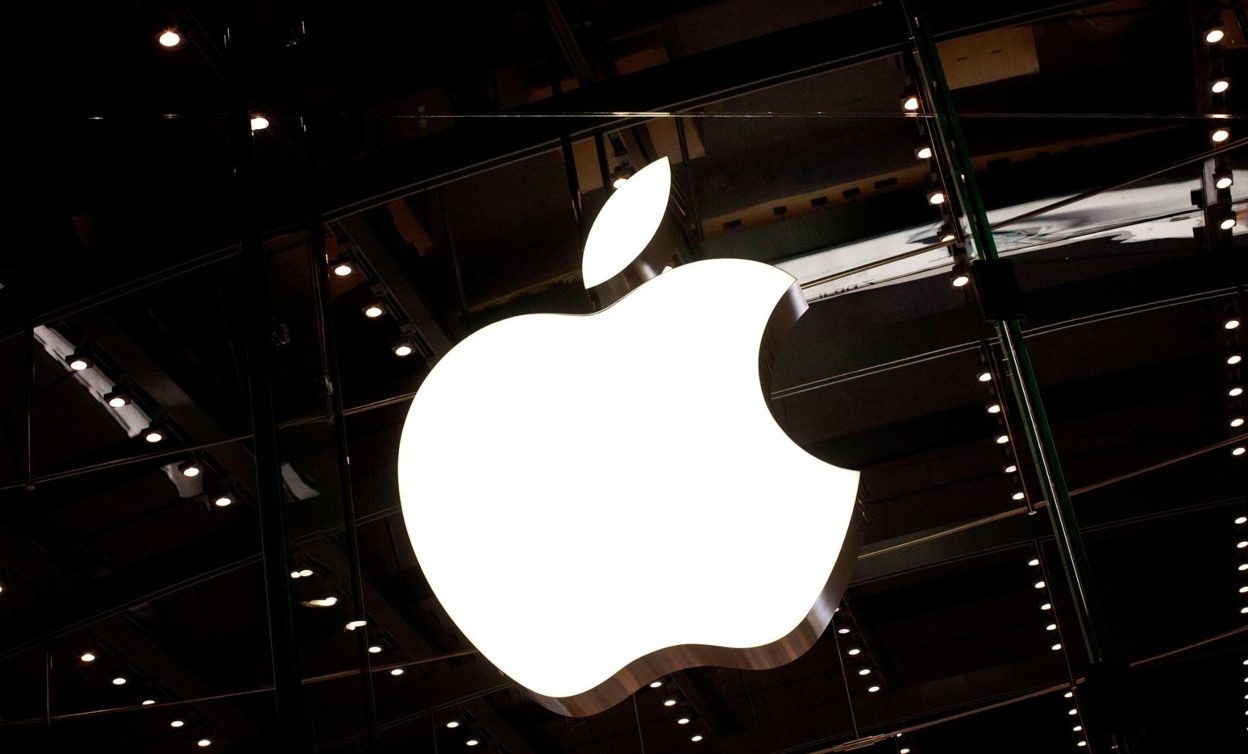
Apple is poised to make a $1 billion investment commitment to Indonesia in an effort to lift the country's ban on iPhone 16 sales, according to Indonesia's Investment Minister Rosan Roeslani.
The proposed investment represents a dramatic increase from Apple's previous offers of $10 million and $100 million, which were rejected by Indonesian authorities. A formal commitment letter is expected within the week.
The sales ban was implemented after Apple failed to meet Indonesia's requirement that 40% of smartphone components be sourced locally. "Whoever benefits from the sales must invest here, create jobs here," said Roeslani, emphasizing the government's focus on domestic manufacturing and employment.
Indonesia has taken a firm stance on protecting its local industries, applying similar pressure to other tech giants. The government previously forced TikTok to separate its shopping features and banned raw material exports to encourage domestic processing.
Apple currently has no manufacturing facilities in Indonesia, though it has operated developer academies since 2018. The Indonesian government sees the potential investment as a catalyst for broader economic development, with expectations that Apple's presence could attract suppliers and create additional jobs in related sectors.
Industry Minister Agus Gumiwang Kartasasmita, who imposed the ban, has stated his primary objective is to convince Apple to establish local production facilities. The government has pointed to Apple's $15 billion investment in Vietnam as a benchmark for what it expects in Indonesia.
The outcome of these negotiations could set a precedent for how international tech companies navigate Indonesia's increasingly stringent local content requirements. While the strategy has shown success in attracting investment, some analysts warn it may deter future foreign investment in the long term.
Note: Only one link was inserted as it was the only one directly relevant to the article's content. The other provided links about Apple's satellite expansion and OpenAI investment were not contextually appropriate for this article about Indonesia's iPhone ban.